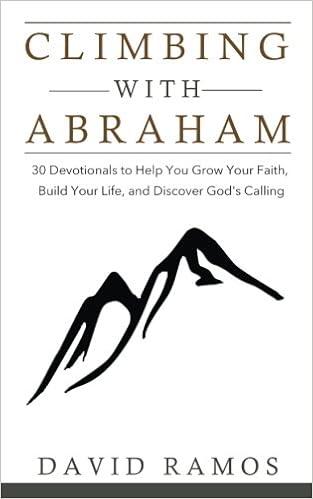This is a continuation of a multi-post article. You can read the first post here and you can read the previous post here. This is also part of a larger series called "The Koran from a Christian perspective." You can find other posts in this series here.One of the oft repeated defenses for the Koran is that, even if men and Jinn tried, they could not reproduce the likes of the Koran.
"And if you are in doubt concerning that We have sent down on Our servant, then bring [produce] a sura like it, and call your witnesses, apart from [besides] God, if you are truthful." (Koran 2:21)
"Or do they say, 'He has forged it [the Koran is his own device]'? Say: 'Then bring you ten suras the like of it, forged [of your devising]; and call upon whom you are able, apart from God, if you speak truly.'" (Koran 11:16)
"Say: 'If men and jinn banded together [assembled] to produce the like of this Koran, they would never produce its like, not though they backed [help] one another.'" (Koran 17:90)
It is interesting how the requirement went from one sura, to ten, and then to an entire Koran! Muhammad faced many distractors in his day who claimed that his work was just a work of a poet and not that of a prophet.
"Nay, but they say: 'A hotchpotch of nightmares [a medley of dreams]! Nay, he has forged it; nay, he is a poet! Now therefore let him bring us a sign, even as the ancient ones were sent as Messengers.'" (Koran 21:5)
"saying, 'What, shall we forsake our gods for a poet possessed [crazed poet]?'" (Koran 37:35)
But the Koran defends Mohammad in light of their retorts.
"We have not taught him [Muhammad] poetry; it is not seemly for him. It is only a Remembrance [warning] and a Clear Koran, that he may warn whosoever is living, and that the Word may be realized [sentence may be justly given] against the unbelievers [infidels]." (Koran 36:69-70)
So what is the nature of the Koran such that no one could produce the likes of it through mere human effort and apart form direct revelation from God? How are we to judge one book against another? Certainly, if I were to try and assign a place for the Koran among other works of classical literature I would have to place it far below these other great works of literature. To me, the Koran does not stand out as any great work of literature.
One of the natures that the Koran claims for itself is that it is the best guidance for mankind.
"Say: 'Bring a Book from [before] God that gives better guidance than these, and [that I may] follow it, if you speak truly.'" (Koran 28:49)
However, I would readily place before the Koran the works of the early Christian Apostles and writers; works providing greater and better guidance for our daily lives than the Koran does. The Koran also claims for itself a better form of discourse; one that the person instinctively and viscerally recognizes and knows.
"God has sent down the fairest discourse [best of recitals] as a Book, consimilar in its oft-repeated [in unison with itself], whereat shiver [creep] the skins of those who fear their Lord; then their skins and their hearts soften to the remembrance of God. That is God's guidance, whereby." (Koran 39:24)
However, I must say that such is not true for me. My skin does not crawl nor does the Koran later bring a warm memory of God, yet when I read the Christian scriptures my heart is warmed by the love and mercy of God and the great sacrifice God gave for my redemption. Yes, the Koran is full of threatening and judgments that might cause some to react with fear and terror, but the Gospel is full of love and acceptance that woos the unbeliever back to God. Finally, the Koran puts forward this challenge,
"Woe that day unto those who cry it lies! 'Eat and take your joy a little; you are sinners!' Woe that day unto those who cry it lies! When it is said to them, 'Prostrate yourselves!' they prostrate not. Woe that day unto those who cry it lies! In what discourse after this will they believe?" (Koran 77:45-50)
But I would ask, "why was there a need for another discourse in the first place?" For me, the Jewish and Christian scriptures are sufficient for redemption, salvation, guidance, correction, reproof, training, and for all other matters that affect the human life. Therefore, why do we need another testament or another book from God? Certainly we do not need on of the character and nature of the Koran; one full of judgment and threatenings that make the skin crawl.
More to come...
David Robison

